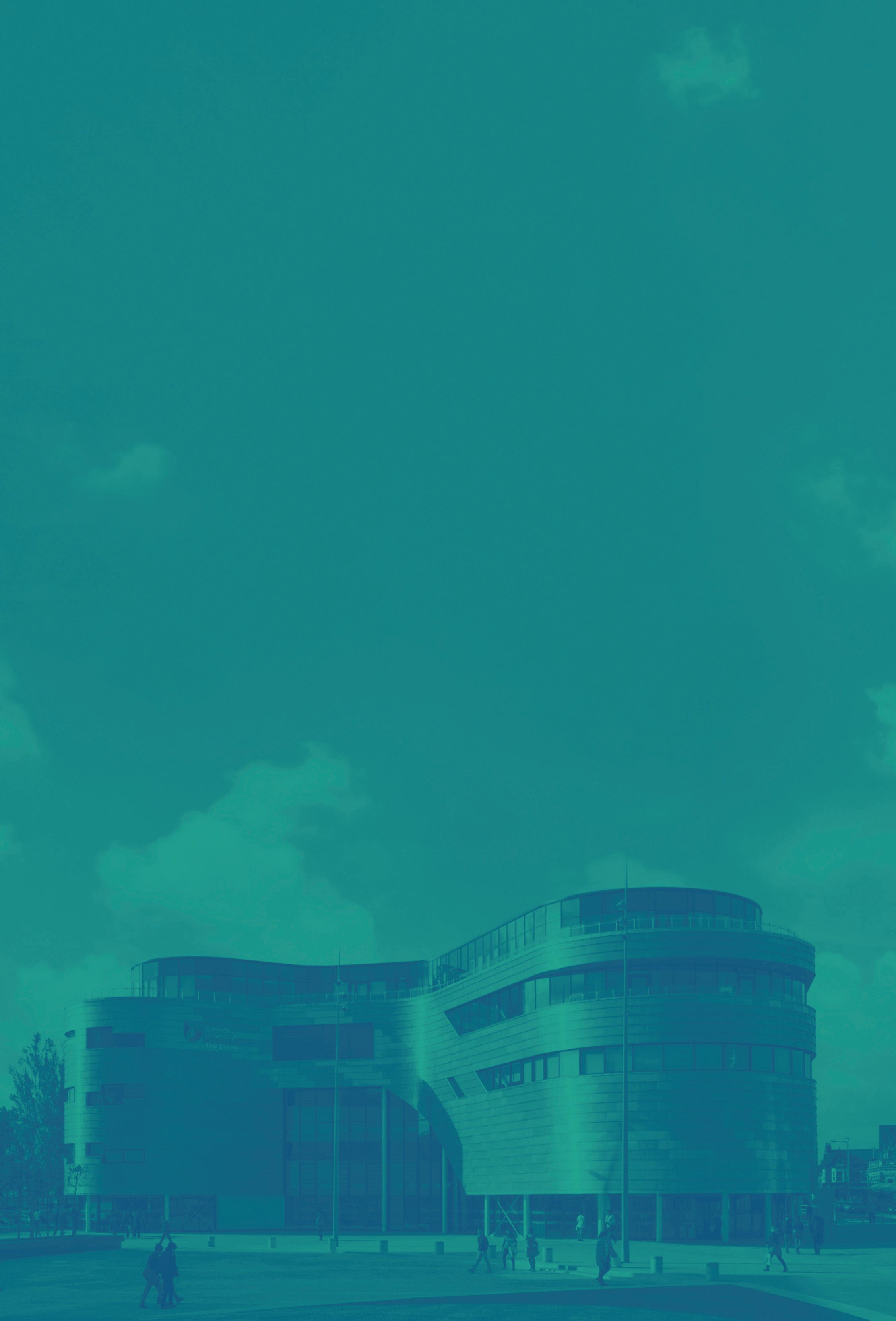
2 minute read
Life in a refuge during a pandemic
Warning: contains sensitive content
Needing a refuge from domestic abuse is tough enough, but what’s life like in these toughest of times? Vicky Johnson, a Thirteen support service co-ordinator, gives us a glimpse inside our Newcastle Integrated Domestic Abuse Service (NIDAS) refuge where over 50 women have stayed since the first COVID-19 lockdown in March 2020.
Advertisement
We know that times have been tough for everyone living through the pandemic, so we’ve worked extra-hard to make time in the refuge as positive as possible for everyone that stays there.
Because face-to-face group activities weren’t possible, our dedicated colleagues have been giving support over the phone to help the women and their children from becoming lonely and isolated.
To ease their move into the refuge, we provide families with soft furnishings, welcome packs and food hampers, thanks to grant funding. At Christmas, donations from the local community meant gifts for the women and children, and a few luxuries too, so that they could still celebrate.
“Knowing that I will wake up to a message from someone who cares, and is asking me how I’m doing, means a lot,” said Linda**, one of the women staying with us.
“I’ve had a lovely time knowing that I’m in a safe place. The COVID-19 restrictions have been hard… but we feel so blessed and special in NIDAS.
“Being in a refuge has helped a lot knowing that me and my child are very safe, I’ve been going through a lot but it’s all settling down now. My plan for the future is taking good care of my daughter. I’m all she has and she’s looking up to me. I’ll do my best to give her all the best.”
Staying positive
We also offer outreach support and so far during the pandemic, have had over 220 referrals. We’ve delivered our ‘new beginnings’ awareness and recovery programme virtually, so much-needed work could carry on.
And what about Linda? She’s planning to start college to study health and social care, because she wants to give back “all the care and love you guys showed me”.
Amy moves on
Amy** entered the refuge during the pandemic, fleeing her ex-partner. The NIDAS team made it possible for her children to visit and sometimes stay overnight, and she was able to carry on working part-time.
Then she contracted COVID-19. She had to self-isolate in the refuge for two weeks. We kept in daily contact to check her symptoms, her mental health, basic needs and general wellbeing. As well as shopping for essentials, colleagues lifted her spirits with new pyjamas, underwear and clothes as she couldn’t use the shared laundry areas.
Following her recovery, Amy left the refuge and moved into a three-bedroom newbuild home. Not only did she gain so much confidence and improved self-esteem from staying with us, but she’s been properly reunited with her children who now live with her.
NIDAS continued to offer support as part of Amy’s resettlement plan with grant applications for redecorating her new home and donations of duvets, bedding and soft furnishings.










